Introduction
With the recent legalization of hemp in many countries around the world, there has been a revolution in the way we view and use this versatile plant. Hemp, which is a strain of the cannabis plant that contains very low levels of THC, has been used for centuries for a wide range of industrial and commercial purposes. However, until now, it has been largely overlooked due to its association with marijuana.
The Benefits of Hemp
Hemp has a wide range of benefits that make it a valuable and sustainable resource. It can be used to make textiles, paper, biofuels, building materials, and even food products. Hemp is also a very eco-friendly crop, as it requires little water and can be grown without the use of pesticides or herbicides. In addition, it has a short growing cycle and can be harvested in as little as four months.
New Opportunities
With the legalization of hemp, new opportunities have emerged for entrepreneurs and businesses to take advantage of this versatile crop. Hemp cultivation is now legal in many countries, and there is a growing demand for hemp products in various industries. From textiles to food to biofuels, the possibilities for using hemp are endless.
Textiles
One of the most popular uses for hemp is in the textile industry. Hemp fibers are durable, breathable, and environmentally friendly, making them a popular choice for clothing, accessories, and home goods. With the rise of sustainable fashion, hemp textiles are becoming increasingly popular among consumers.
Food Products
Hemp seeds are a rich source of protein, healthy fats, and essential nutrients. They can be used to make a variety of food products, including hemp milk, hemp oil, and hemp protein powder. As the demand for plant-based foods continues to grow, hemp-based products are becoming more widely available in grocery stores and restaurants.
Building Materials
Hemp can also be used to make a variety of building materials, including hempcrete, which is a sustainable alternative to traditional concrete. Hempcrete is lightweight, breathable, and has excellent thermal properties, making it an ideal choice for eco-friendly construction projects. As more builders and developers seek to reduce their environmental impact, hemp-based building materials are gaining popularity.
Conclusion
The legalization of hemp is opening up new opportunities for businesses and consumers alike. From textiles to food to building materials, hemp has the potential to revolutionize many industries and promote a more sustainable future. As awareness of the benefits of hemp continues to grow, we can expect to see even more innovative uses for this versatile plant in the years to come.
FAQs
Is hemp the same as marijuana?
No, hemp is a strain of the cannabis plant that contains very low levels of THC, the psychoactive compound found in marijuana. Hemp is primarily grown for its industrial and commercial uses, while marijuana is grown for its recreational and medicinal purposes.
Is hemp cultivation legal everywhere?
No, hemp cultivation is still prohibited in some countries. However, many countries have recently legalized hemp cultivation for industrial purposes, leading to a surge in demand for hemp products.
What are some of the environmental benefits of hemp?
Hemp is a very eco-friendly crop, as it requires little water, can be grown without the use of pesticides or herbicides, and has a short growing cycle. Additionally, hemp plants can help to improve soil health and sequester carbon dioxide from the atmosphere.

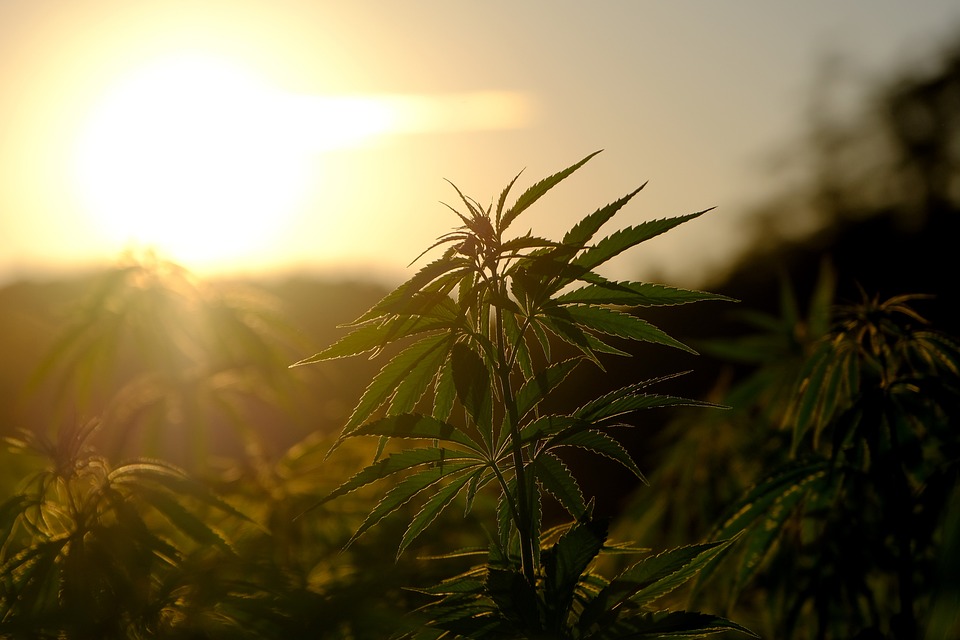
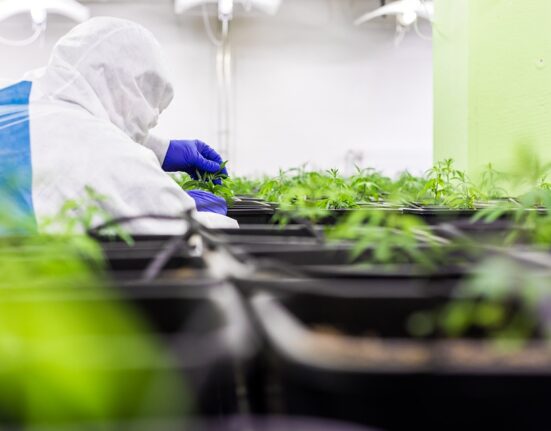
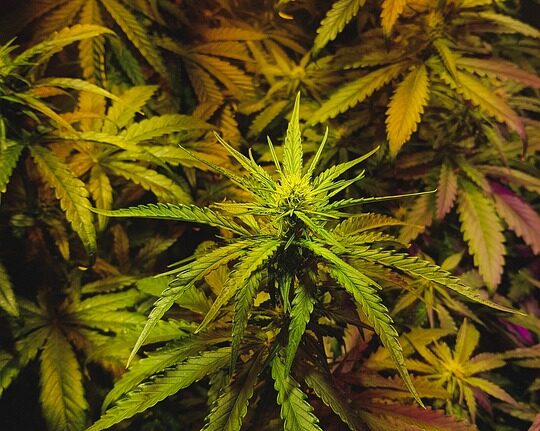
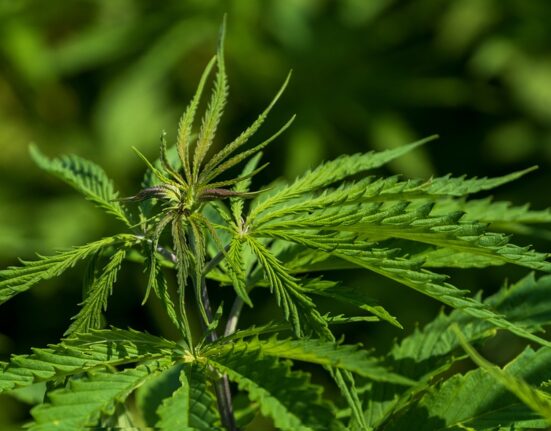
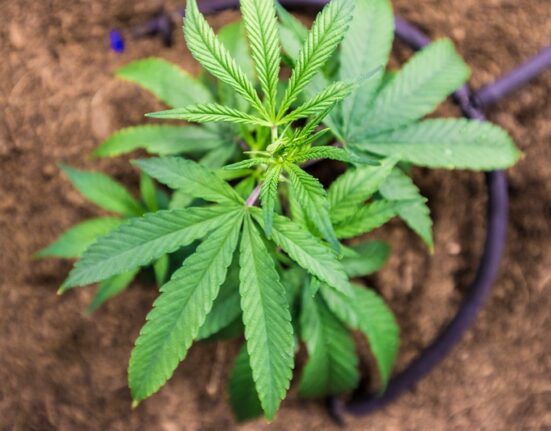
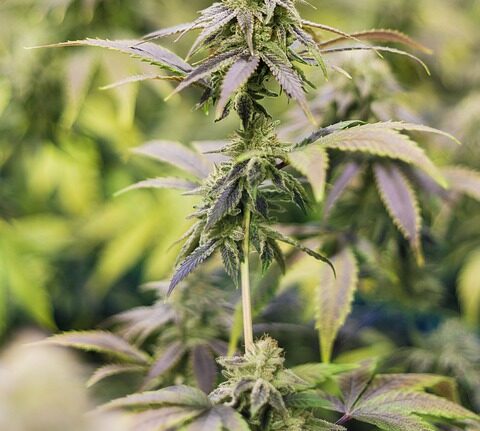
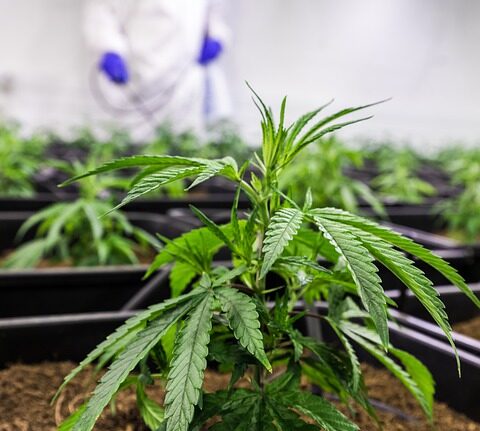
Leave feedback about this